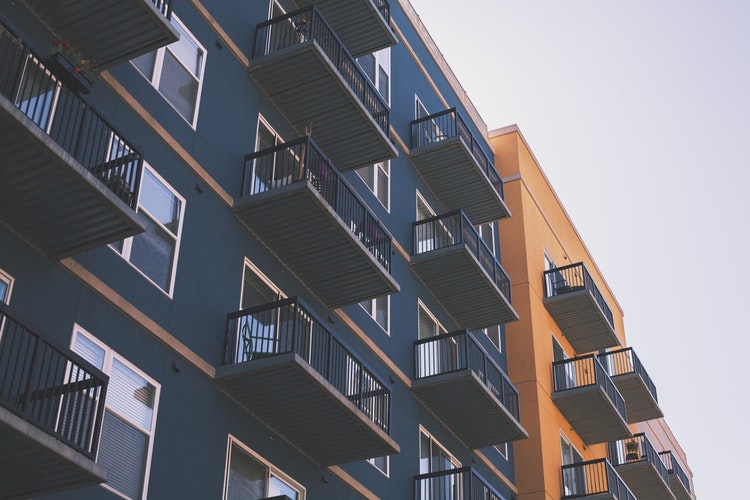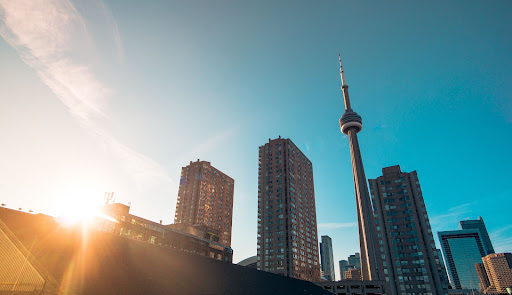The total cost of buying: what’s not included in your mortgage
When buying a residence, there are multiple expenses outside of the mortgage that you need to consider. First, property taxes which include school and municipal taxes. On average, Canadians pay 0.75% of the valuation of their home in taxes every year. On a $250,000 residence, this comes to $150/month. Second, if you live in a condo or a gated community, you may have to pay strata fees, condo fees or home ownership association (HOA) fees as well. These can be pretty expensive depending on the amenities — sometimes as much as your property taxes. Maintenance is another one that people easily forget. The rule of thumb is that you should plan for 1% of your residence’s valuation annually, maybe less if you buy new.
In Canada, if your down payment is under 20% of the total price of your new home, you will have to pay for CMHC insurance on your loan, which can vary between 1.25% and 3.6% in general. The good news is that it is not an annual fee!
In many parts of Canada you will also have to pay property transfer fees when buying your new home, sometimes at both the municipal and provincial level. These vary by province and reflect a percentage of the property value. It typically costs several thousand dollars.
GST or HST is charged on new homes, also amounting to several thousand dollars.
Want a home inspection done? Budget about $500, which may possibly save you many thousands down the road! The bank or lending institution will tack on a mortgage fee ranging from several hundred to several thousand dollars to process your mortgage. Legal fees to close the deal will cost in the neighbourhood of $1500-2500, depending on the complexity of the deal and which province you are buying in.
I built an Excel spreadsheet that calculates the average monthly payments on a $250,000 residence. I included a 10% down payment (a not negligible $25,000) and excluded condo/strata/HOA fees, assuming that this is a townhouse. I used average market values for interest rates, insurance, property taxes and maintenance. You can find the spreadsheet and results here. Feel free to tweak the values according to your own situation.
Evaluate your market
Now that you know how much it would cost you to own your home, evaluate how much you could pay to rent it. Lately, I find that it is often cheaper to rent than to buy. In some instances, the difference can be a lot more than you would have thought. If the difference is large enough and you can discipline yourself to place it in a savings account, you are most likely to find yourself with a great down payment a few years down the road, and decrease your interest payments when you are ready to buy.
Where will you be in five years?
Aside from financials, this is an important question to ask yourself before buying. You may not have thought about it in the excitement of owning your first property, but are you sure this is where you will be living for at least the next five years?
If you are uncertain of your short term future, renting might be a better solution. Not only will it be easier for you to jump on a life opportunity, but you will also avoid complications when it is time to move.
For myself, I place a high value on being able to seize an opportunity. I think that the fewer unnecessary responsibilities you have, the easier it is to jump into a new adventure. For instance, if I had bought a condo in Montreal, the decision to move to Edmonton would have been totally different.
Finally, don’t make the mistake of thinking you can “always” sell your property if it doesn’t work out. Selling can be a long, energy-consuming, financially-draining process, depending on your area and the market conditions.
Conclusion
In the end, this article is not designed to convince anyone that buying is not the right move; it is simply an effort to introduce another perspective that many people have come to overlook lately. Sure the decision is highly dependent on your lifestyle and lifestage, but be sure to evaluate the financials as well. That said, if you are going to pay rent, make sure you set some money aside, since you will not have the equity in your mortgage to fall back on if something happens.
Disclaimer: The author is not a financial advisor.




